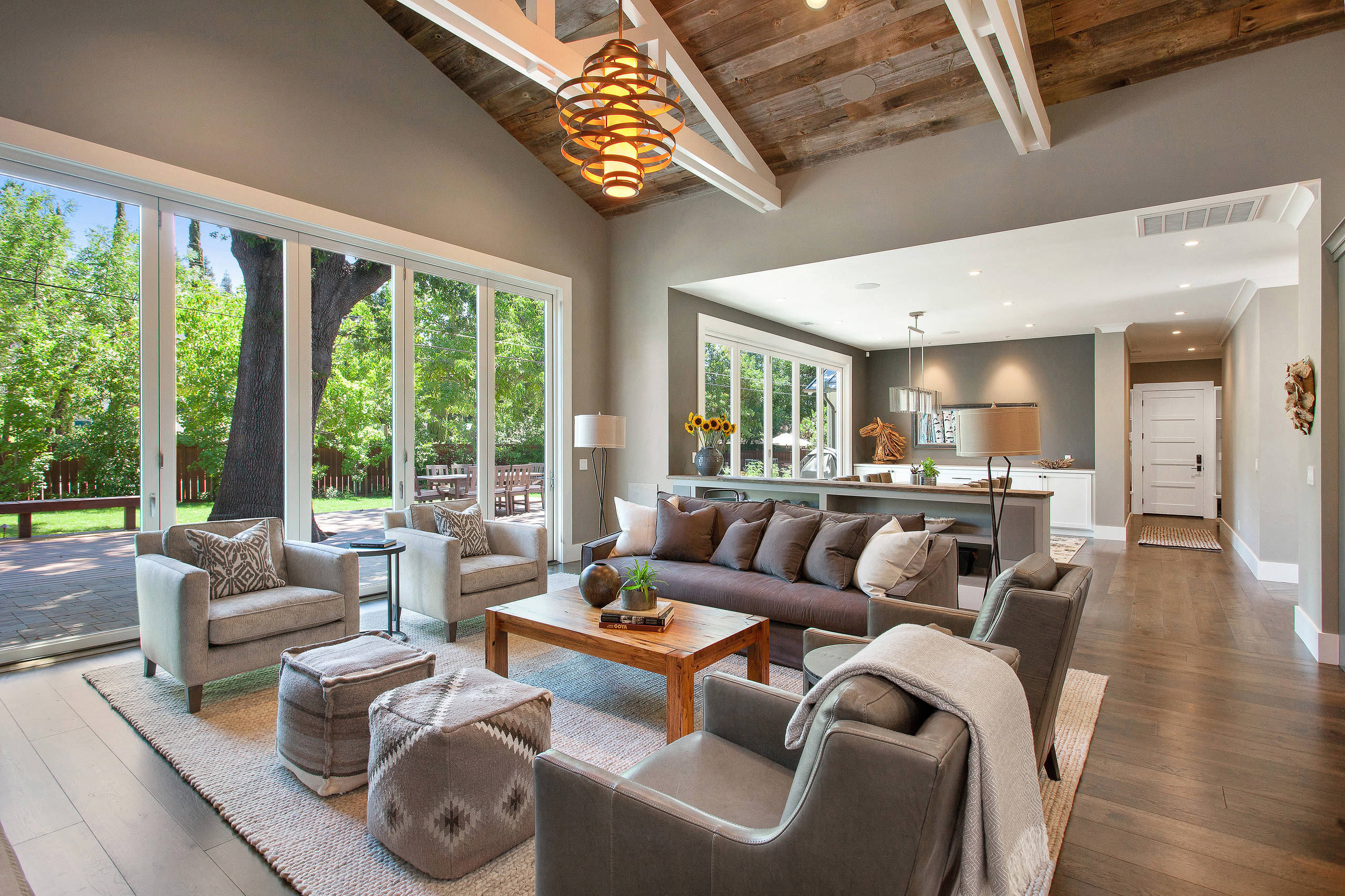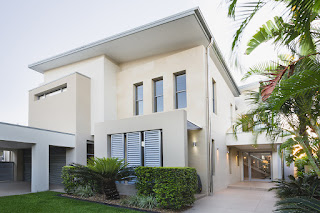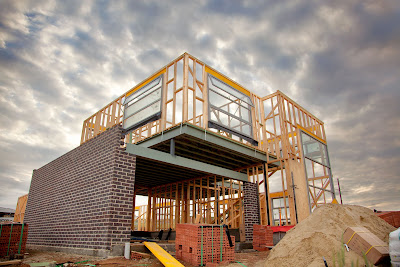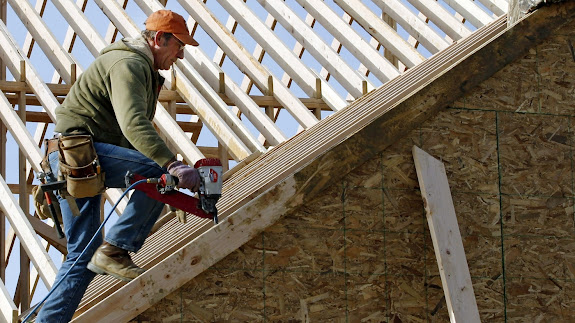Home Extensions 101: A Comprehensive Guide To Expanding Your Living Space
If you need more space, you may be considering an extension to your home. This can be a big undertaking and extremely expensive, but it's also one of the most effective ways to add value to your property. In this comprehensive guide, we'll explain everything you need to know about extensions, including how they're built and what kind of timeline they follow.
We'll also go over some tips for making the most of your garden after construction is finished so that you can enjoy the added space as soon as possible!
The best time to extend your home is while you're still living in it
If you're considering home extensions Melbourne, it's important to understand that there are many reasons why the best time to extend your living space is while you're still living in it.
-
You can get a feel for how the extension will look and feel.
-
You can make sure the extension is built to your exact specifications.
-
You can get a feel for how much space you will have once it's completed.
-
And finally, by being present during construction of your new addition--and seeing first-hand how things like insulation, plumbing and electrical work are done--you'll be able to ensure that everything is done properly so that nothing has to be redone later on down the road!
Building an extension on your house can be a long, drawn-out process
Building an extension on your house can be a long, drawn-out process. Here's what you need to know:
-
Planning permission. You'll need to apply for planning permission if your extension is larger than 50 square metres (or 5% of the existing footprint). Don't forget that there are lots of other factors that determine whether or not an extension is allowed; check out our guide on how much can be built without planning permission here.
-
Building regulations. If you're adding more than one storey or changing the shape of your property significantly, then it's likely that building regulations will also apply--you might even need them if you're just adding a porch or conservatory! Check out our guide on how to make sure everything's up to code before starting work here.
-
Design and planning stages: It's important that any drawings submitted with applications include measurements as well as plans so everyone involved knows exactly what they're getting themselves into when it comes time for construction work later down the line; after all there's nothing worse than having something installed only find out later that it doesn't fit properly!

Making the most of your garden after your extension is built is important
Once you've got your extension built, it's important to make sure that you have enough space for all your furniture and belongings. Some people may like having an open-plan living area, but if you don't want this, then consider buying some extra storage units or cupboards.
It's also worth considering how much light and ventilation there will be in the new room. Depending on where it is located in relation to windows and doors (and whether those are double glazed), this could affect how warm or cold the new room feels at different times of year - especially if there's no heating installed yet!
Conclusion
Hopefully, this guide has given you a good idea of whether or not extending your home is right for you. If it is, then we recommend that you start by making sure that planning permission is granted before going ahead with any work. It's also important to keep in mind that home extensions Melbourne can be a long and drawn-out process - so make sure that there are no other projects planned at the same time!




Comments
Post a Comment